
Azerbaijan Aligning Energy Policy With COP29 Goals - NGIC's Ismail Serageldin (Exclusive Interview) (PHOTO)
"Under the leadership of President of Azerbaijan Ilham Aliyev, the country is making progress in promoting renewable energy and progressively turning its economy into a balanced and increasingly green economy. This will not be achieved overnight. But we can see the seriousness with which this subject is taken by the number of projects that are being undertaken by the government, including places like Zangilan," he said.
He emphasized that under President Ilham Aliyev's leadership of the Non-Aligned Movement, Azerbaijan has become a natural advocate for the struggles and concerns of impoverished populations, particularly those in developing countries.
Serageldin said the NGIC promotes human well-being and sustainable development. The center intends to engage with Azerbaijan and UN agencies during COP29 to promote climate action and well-being through the SDGs. To demonstrate the link between climate action and well-being, NGIC has been creating win-win policies and projects in health, food security, gender equality, and other areas.
"The Nizami Ganjavi International Center has created an International Advisory Committee of its distinguished members to support Azerbaijan and the COP29 Presidency on their initiatives for the COP29. Simultaneously, the NGIC has been active and has organized meetings with the heads of the UN agencies and their key personnel to try to define the most constructive and feasible joint activities that we could work on at COP29," the co-chairman emphasized.
"The impacts of climate change, from droughts to floods and hurricanes, are already here. Slow-onset disasters (such as the impact of sea level rise on small island developing states) or the rising shortages of freshwater resources are equally troubling. Justice demands that those who contributed least to the problem cannot be left to be those who suffer most from its consequences. Thus, climate justice requires that we try to mobilize the requisite finances to help developing countries design and implement measures that advance adaptation and resilience, even as we continue to seek ways to reduce emissions and mitigate their effect. Mitigation, adaptation, and resilience should go together. We hope that this view will be increasingly recognized at COP29," Serageldin said.
According to him, the NGIC has the benefit of an amazingly impressive membership, which counts many former heads of state and governments. The Nizami Ganjavi International Center organizes many high-level meetings every year, where NGIC representatives as well as invited international experts (from the UN system as well as from the academic, political, and private sectors) review important topics.
"Regional cooperation on climate change is best when the definition of the regions as agroecological zones helps define a common agenda for actions. For example, the Drylands must address the problems of water shortages, droughts, and erratic rainfall, and consequent issues of extreme poverty and food insecurity. The tropical zones must address the issues of deforestation and biodiversity losses and their impacts. The Caribbean islands must address how to promote adaptation and resilience in the face of increased and more powerful hurricanes. But in general, all regions, including the South Caucasus region (Azerbaijan, Georgia, and Armenia), could benefit from joining development strategies and looking specifically at the development of transportation and energy corridors," he noted.
Furthermore, Serageldin highlighted the importance of funding the Loss and Damage Fund, which was established during COP27 in Egypt and advanced further at COP28 in the UAE.
"I sincerely hope that the COP29 meetings will be remembered for advancing the balanced approach that seeks advances on adaptation and resilience for the developing countries, as well as addressing mitigation of emissions, and for taking effective measures to address the financing needs of the actions for climate change, properly seeing them as embedded in the advancement of the SDGs. I also hope that the presidential initiatives, including advances on such topics as health, gender, and the food and agricultural sector, will also be an important set of contributions," Serageldin added.
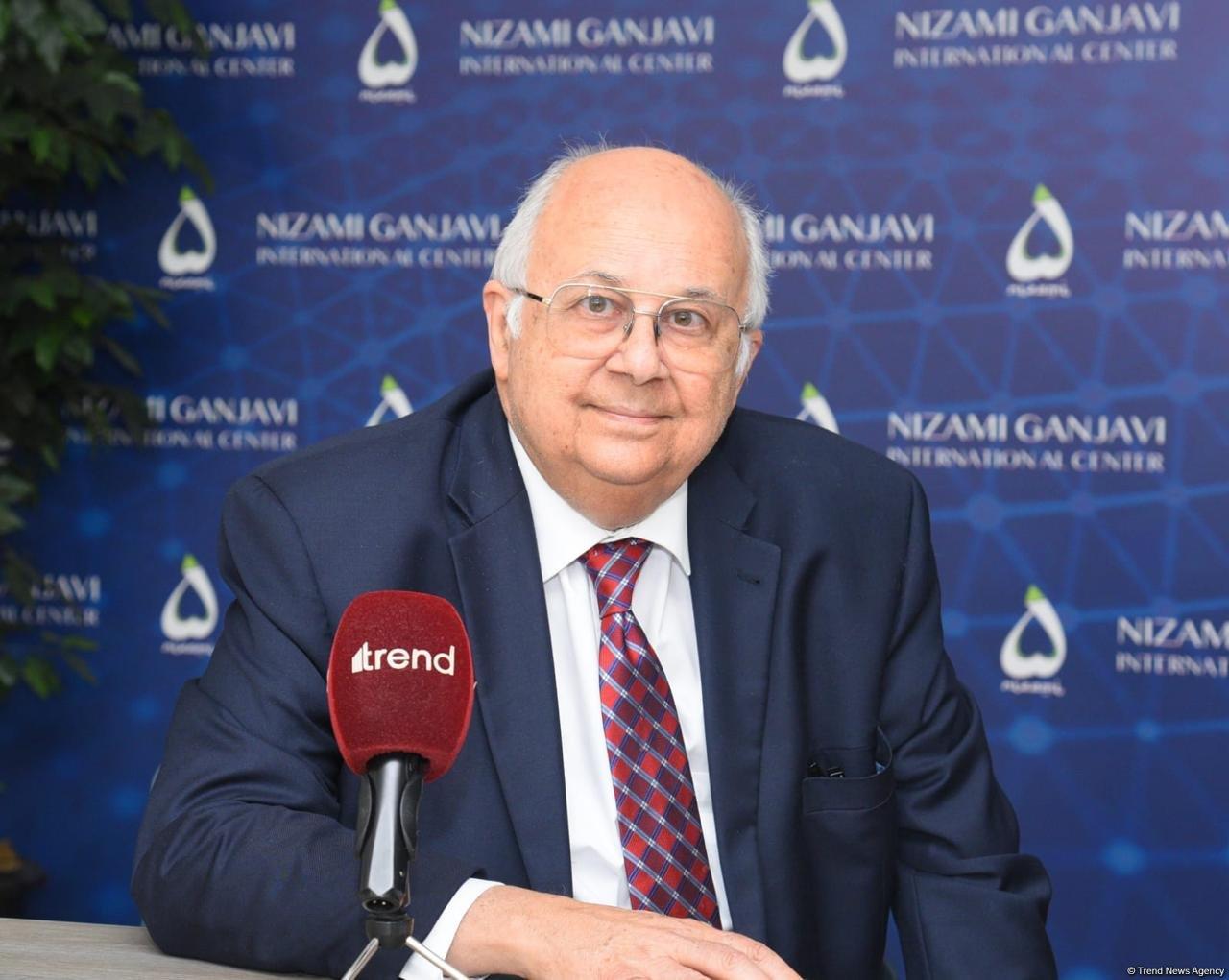

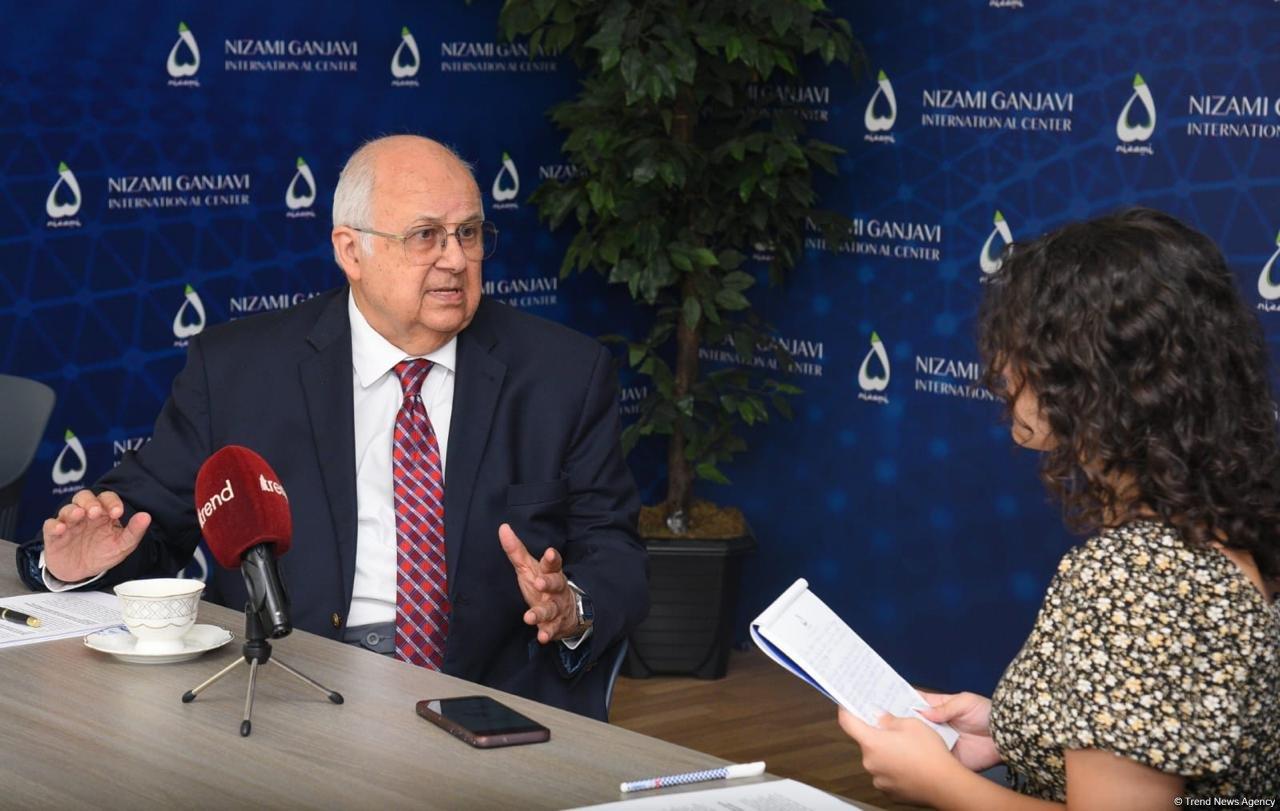
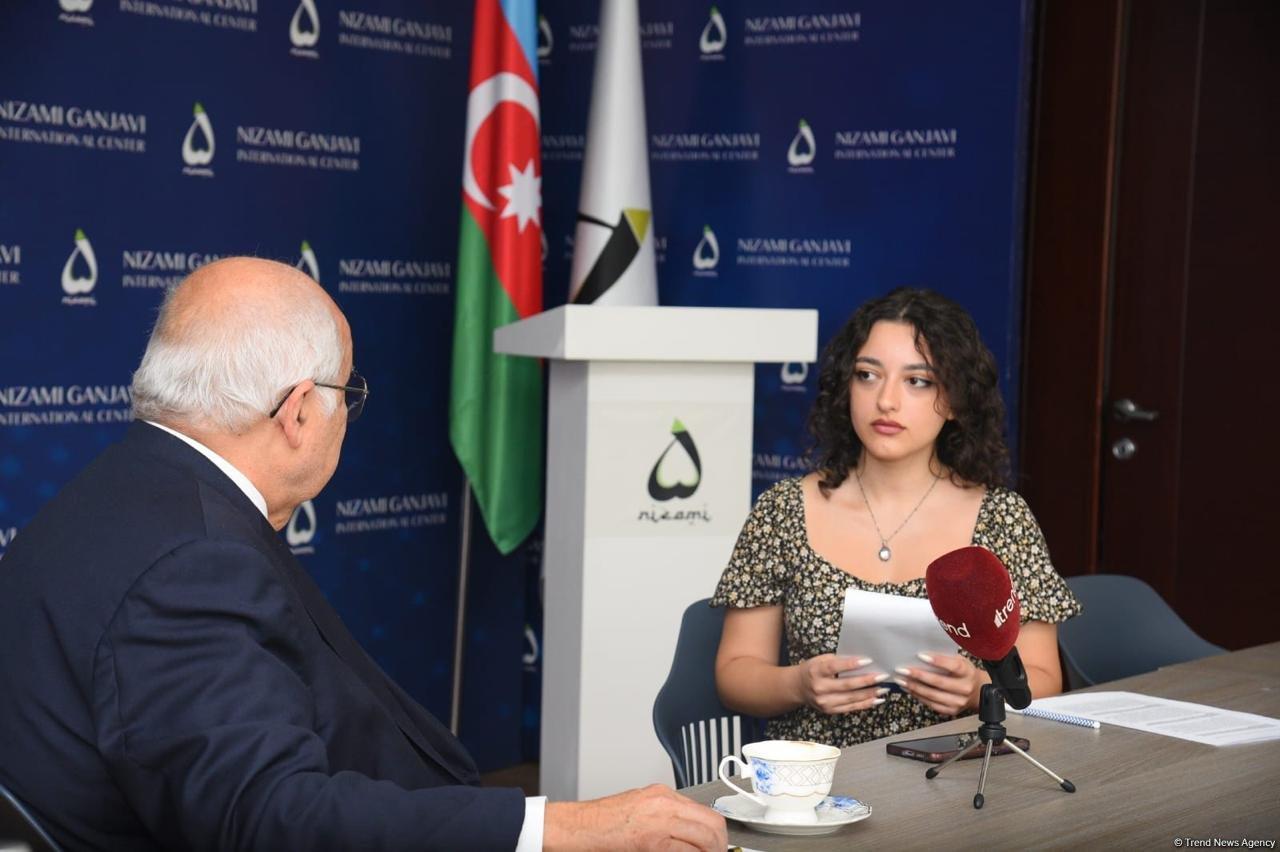
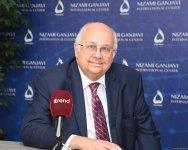


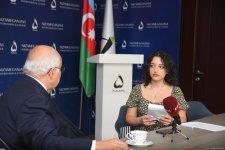

Legal Disclaimer:
MENAFN provides the
information “as is” without warranty of any kind. We do not accept
any responsibility or liability for the accuracy, content, images,
videos, licenses, completeness, legality, or reliability of the information
contained in this article. If you have any complaints or copyright
issues related to this article, kindly contact the provider above.

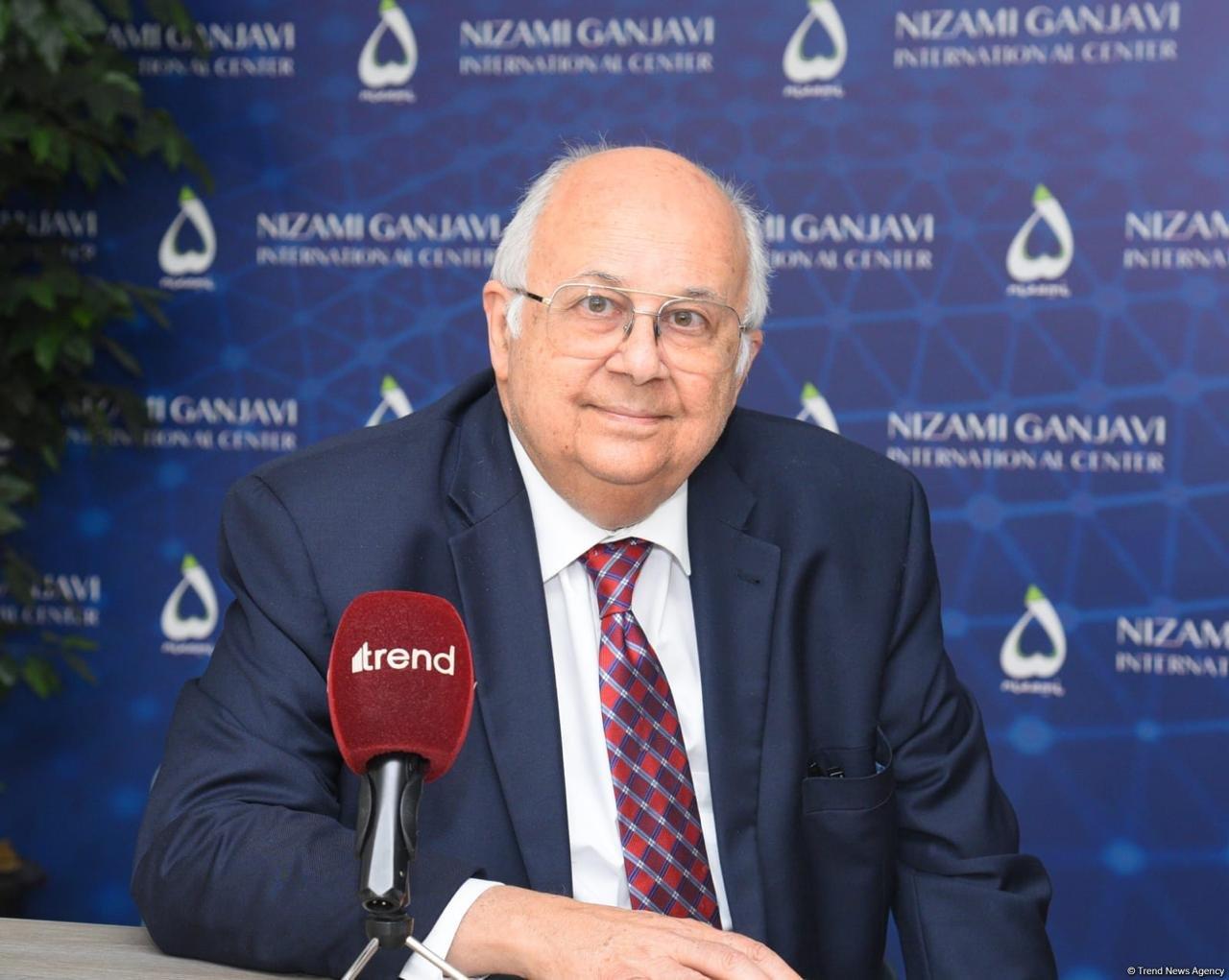















Comments
No comment